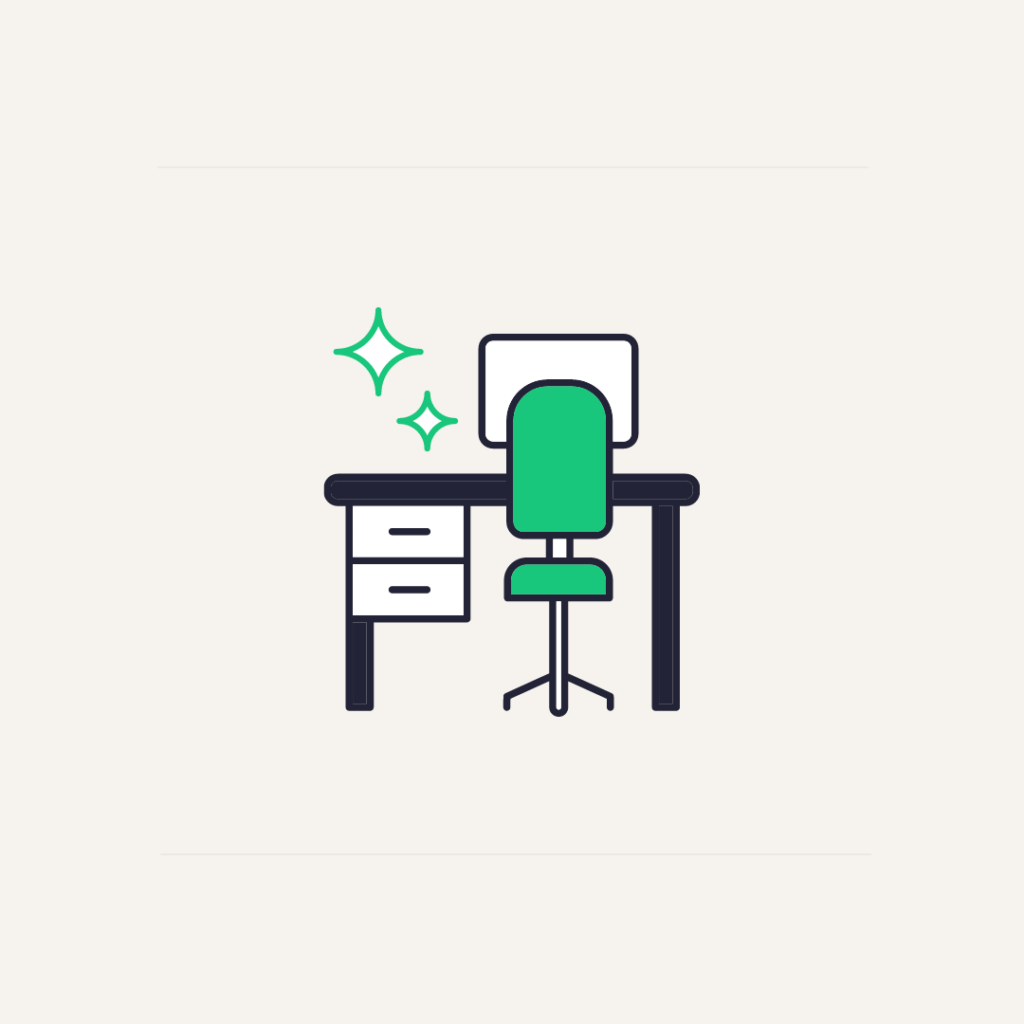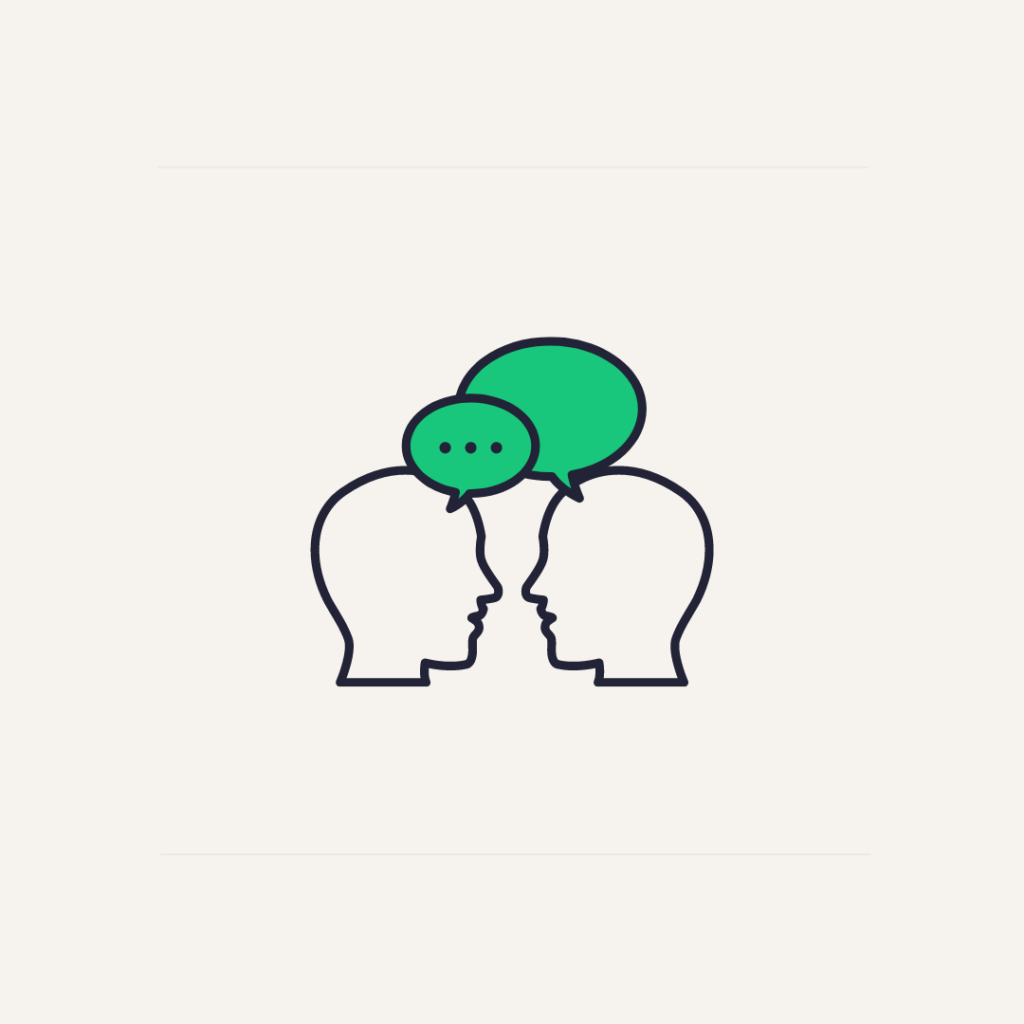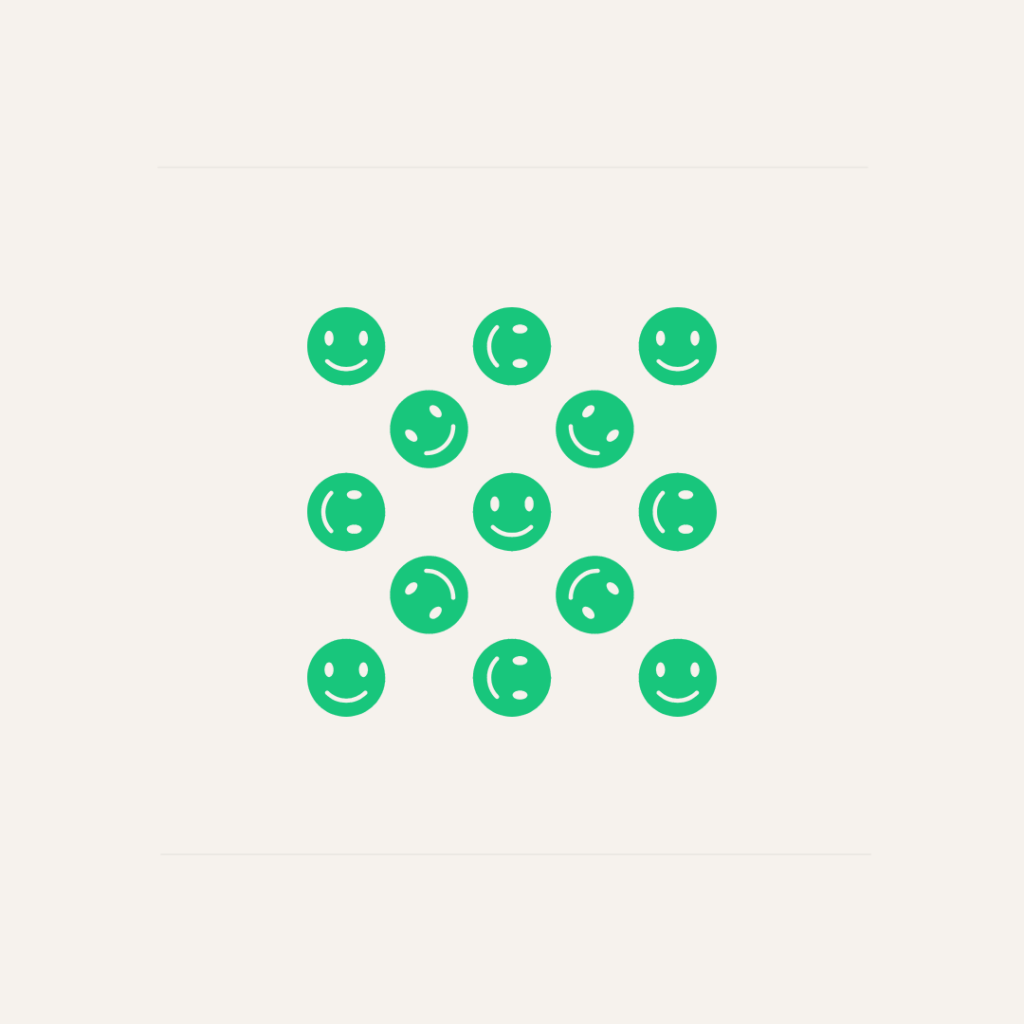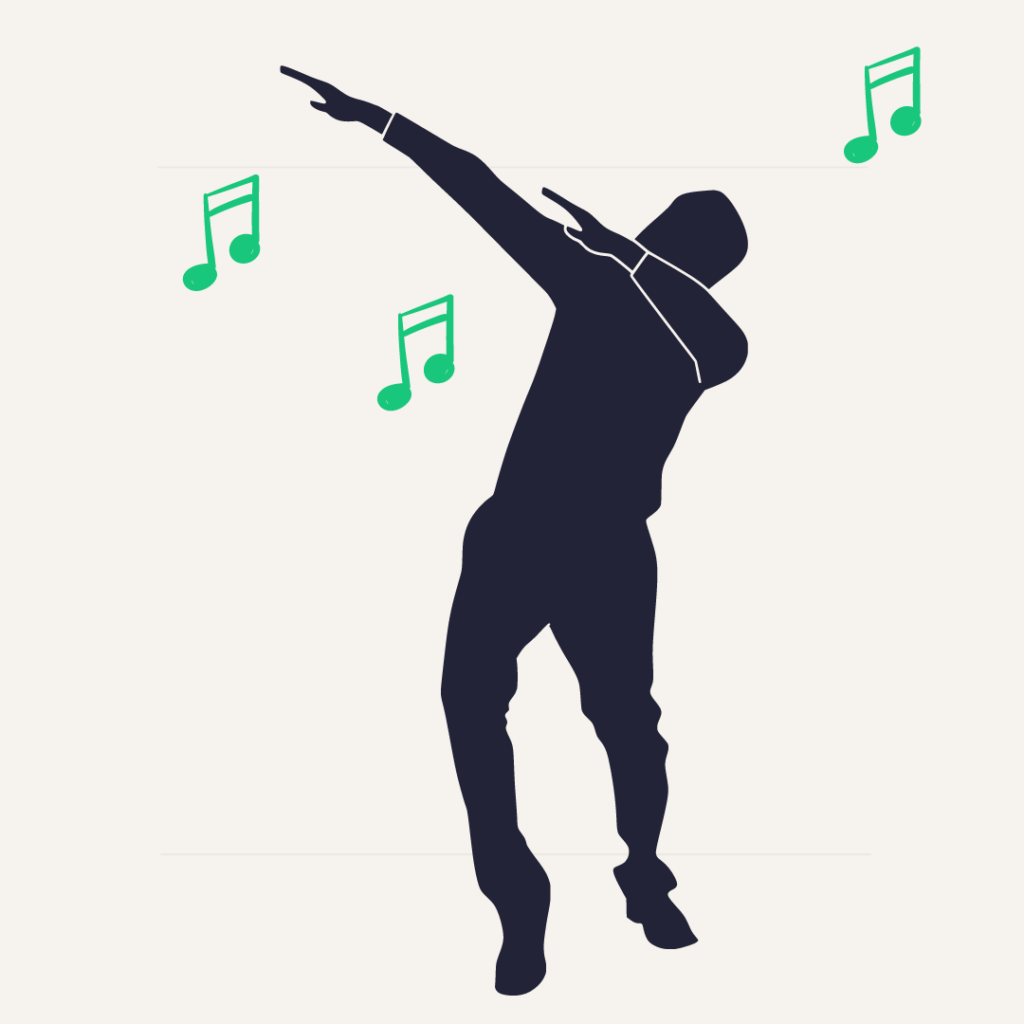
Self care moments...
Some ideas for ways to look after yourself in body, mind and spirit that can be easily integrated into a busy day. Take time to focus fully and give yourself a mindfulness moment.

Act of kindness
Feel the "helper's high"

Quick stretch:
Act of kindness
Benefits
Helping someone else can lift your mood and energy levels and make you feel stronger and calmer - an effect known as "the helper's high".
How much time?
Even a small act of kindness that takes minimal time can have a positive effect.
Options
Look creatively for opportunities that arise during your day. Examples might include: being a considerate driver, passing on a book that you've enjoyed, having a quick chat with an isolated neighbour or colleague, helping a colleague with their work, recognising somebody's achievement or success, paying a compliment, making a donation to charity.

Cold shower
Get cold to fire up

Quick stretch:
Cold shower
Benefits
Taking a cold shower can improve mood and increase focus, energy levels and general feelings of wellbeing. It may take some getting used to, but worth persevering with to reap the benefits and as an exercise in strengthening your willpower.
How much time?
Ease in by slowly lowering the temperature at the end of a usual shower. Get the water cold enough that you start to feel uncomfortable and stay underneath it for a minute or two. Gradually increase the effect day by day by making the water colder and by increasing the time that you stay under to up to 5 minutes.
Options
If you get to enjoy cold showers, you might like to explore other ways of getting cold such as ice rooms, plunge pools or cold-water swimming.

Cup of coffee
Perk up in the morning

Quick stretch:
Cup of coffee
Benefits
Coffee is the go-to drink in the morning for many of us - it can improve our mood and energy levels and help us to focus.
How much?
Tolerance levels to caffeine vary and may fluctuate depending on your circumstances and lifestyle, but 2 or 3 cups per day of average strength is probably enough for most people. Too much caffeine can increase anxiety levels, restlessness and insomnia so you may need to make adjustments from time to time to keep the balance right for you.
Options
Enjoy coffee for its own sake - find your perfect brew and enjoy it without adding sweeteners or dairy/dairy substitutes if you can.

Cup of tea
Take a self care moment

Quick stretch:
Cup of tea
Benefits
Making a cup of tea is a self care routine often repeated several times per day. Increase the benefit by spending a few minutes sipping your tea mindfully, focussing on what it looks, smells, feels and tastes like and whether your tea break makes you feel any different.
Which tea?
You may enjoy different teas at different times of the day, depending on your own needs and preferences. Reduce or avoid caffeine if you are trying to reduce stress. You might like to experiment with different types of herbal teas for example ginger to wake you up, peppermint to help digestion, chamomile for a calming effect and valerian root to promote restful sleep, or try out some of the blends which combine different herbs for different effects.

Essential oils
To lift or to relax

Quick stretch:
Essential oils
Benefits
Essential oils have been used therapeutically for hundreds of years and are claimed to produce multiple health benefits including stress reduction, lifting mood, increasing concentration and productivity, promoting relaxation. Different oils are said to have different effects and whether the effect is psychological or physiological, many people find them helpful.
Which oil?
If you are new to essential oils, we recommend that you select a supplier of high quality natural oils and use the information on their website to select specific oils to meet your needs, or alternatively try a blend produced by the supplier for a particular purpose. Lavender oil is widely recommended for relaxation and is a good start if you have difficulty in switching off.
How to use
Use an oil diffuser to deliver a subtle scent to your room or try a shower oil, a small bottle of oil that can be applied to pulse points or a spray that can be used on your pillow.

Get organised
Tidy up and calm down

Quick stretch:
Get organised
Benefits
A brief break for tidying up your environment can reduce stress levels, improve your mood and help you to feel calmer, more focussed and more in control.
How much time?
Even tidying one drawer or the surface that you are working on can have a positive effect.
Options
Allocate 5 minutes to tidying, decluttering, cleaning up and organising an area of your environment that is getting you down. Notice whether you feel any different afterwards.

Get outside
Fresh air fresh perspective

Quick stretch:
Get outside
Benefits
Getting outside can reduce feelings of stress and anxiety, improve concentration and focus and boost Vitamin D and immune function. Getting outside into daylight soon after you get up helps to regulate your sleep cycle.
How much time?
As much time as you can spare, but even 5 minutes will produce benefits.
Options
Take as much time outside doing activities that you enjoy as possible. On busy days, try to form a habit of stepping outside for mini breaks, even just for a short time. Combine with a few minutes of conscious breathing if you like (maybe one of the breathwork options in our Practice library)

Get social
Connect to feel happier

Quick stretch:
Get social
Benefits
Humans are social beings and studies have shown that people who have more social interactions are on average happier and feel more socially connected than those who interact less.
How much time?
The more the better, particularly if you are alone for large parts of your day or if you tend to be glued to mobile devices or TV when at home with housemates or family. But if you are feeling dull and flat even a quick casual interaction can transform your mood.
Options
All interactions count whether face to face, on the phone and via texting, online messaging or chat, and including both meaningful discussions and brief casual interfaces.

Having a laugh
Laughing for wellbeing

Quick stretch:
Having a laugh
Benefits
Laughter reduces physical tension, stress and anxiety and improves mood, energy levels and general feelings of wellbeing. Studies have demonstrated measurable physiological effects - laughter boosts immunity, lowers stress hormones and decreases perception of pain.
How much time?
The more the better and especially worth focussing on if you are someone that laughs rarely
Options
Notice what makes you laugh and how often you laugh during a typical day. Try to actively seek out more of what makes you laugh whether that is being with particular friends or colleagues, comedy shows, games, videos, films, books, seeing the funny side of situations. See how often you can make others laugh too - to strengthen relationships, enhance teamwork and reduce conflict.

Hydrate
Hydrate for health

Quick stretch:
Hydrate
Benefits
Drinking plenty of water supports energy levels, brain function, and mood as well as physical performance.
How much?
6 to 8 cups or glasses of fluid per day, is a typical recommendation, more if you are feeling hot or if you are exercising. All drinks count as fluid, and diets including a high content of fruit and vegetables are hydrating too, however a focus on drinking water through the day is an easy habit to build into a busy routine and likely to be beneficial to mental as well as physical wellbeing.
Options
Either form a habit of drinking a glass of water at specific times of the day eg on rising, before meals, between meals, after exercising, after work, or sip throughout the day from a water bottle with a volume or time scale.

Just dance
Feel the beat

Quick stretch:
Just dance
Benefits
Dancing along to a favourite track gets your body moving, raises the heart rate and can relieve tension and boost mood. You can make it as lively or gentle as you like
How much time?
As much time as you like, but even dancing through a break of a few minutes can lift the energy and make you feel more upbeat and positive
Options
Learning step sequences or specific dance styles can challenge the brain and boost cognitive performance

Music therapy
To lift, calm, focus or relax

Quick stretch:
Music therapy
Benefits
Listening to music can boost mood, improve cognitive performance, reduce anxiety and promote relaxation. Different types of music will probably produce different effects for you.
How much time?
As much time as you like, including having music on while you work if helpful and appropriate, but even listening to one track that you enjoy can produce benefits.
Options
Add singing along or dancing to amplify the effect if you are looking for a lift rather than relaxation. Both are stress relievers, singing is also a form of breathwork and dancing is energising and can help to ease tension in the body.

Nature cure
Breathe, notice, appreciate and feel better

Quick stretch:
Nature cure
Benefits
Spending time in nature has been linked to improved mood, reduction in stress and anxiety and improved ability to focus. Even something as simple as having plants in your workspace can lift the spirits, improve productivity and improve air quality to reduce the risk of minor ailments.
Different options
During a busy day, make a point of engaging with nature when you can - in the morning, have breakfast in the garden or just step outside and breathe in fresh air for a few minutes, notice the trees or flowers that you see during your commute, walk for a few minutes in a green space or along a tree lined road at lunch time or after work if you have the opportunity, or just water and tend to a plant near your desk. Let your focus grow soft, breathe, relax and appreciate.

Sing out
To destress and lift your mood

Quick stretch:
Sing out
Benefits
Singing reduced stress levels and improves mood, while deepening the breathing and encouraging focus on posture.
How much time?
Even singing along to one upbeat track that you enjoy will have a positive effect.
Options
Find a space where you can sing out without inhibition! Pick your track and sing along to the melody or the harmonies/backing vocals, switch between the two or improvise. See how high and low your vocal range goes and how long you can sustain the long notes.

Taking steps

Quick stretch:
Taking steps
Benefits
Walking offers numerous health benefits to people of all ages, including helping with weight control and counteracting the musculoskeletal effects of a sedentary lifestyle by working the muscles and moving the joints.
How much
The commonly recommended target of 10,000 steps per day is difficult for busy people to achieve on work days unless walking can form part of a daily commute. 5,000 steps per day, which is the threshold required to be described as having a non sedentary lifestyle may be more realistic, particularly if the steps are spread through the day. In general all walking will be beneficial and small numbers of steps at a time will add up, including walking to the printer or the water cooler. While at work, consider ways to get your step count up, such as pacing up and down while on the phone or having walking meetings rather than sitting around a table. The 250 steps per hour typically set as a target on fitness apps is a useful minimum benchmark and gives a helpful hourly reminder to move on days that you are desk bound.
Progress
To increase benefit when not much time is available, you could increase your speed to raise your step count, or increase the intensity by running on the spot or walking up and down stairs.


